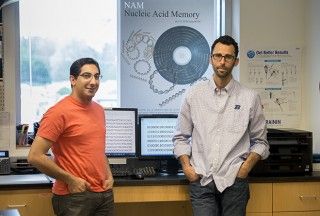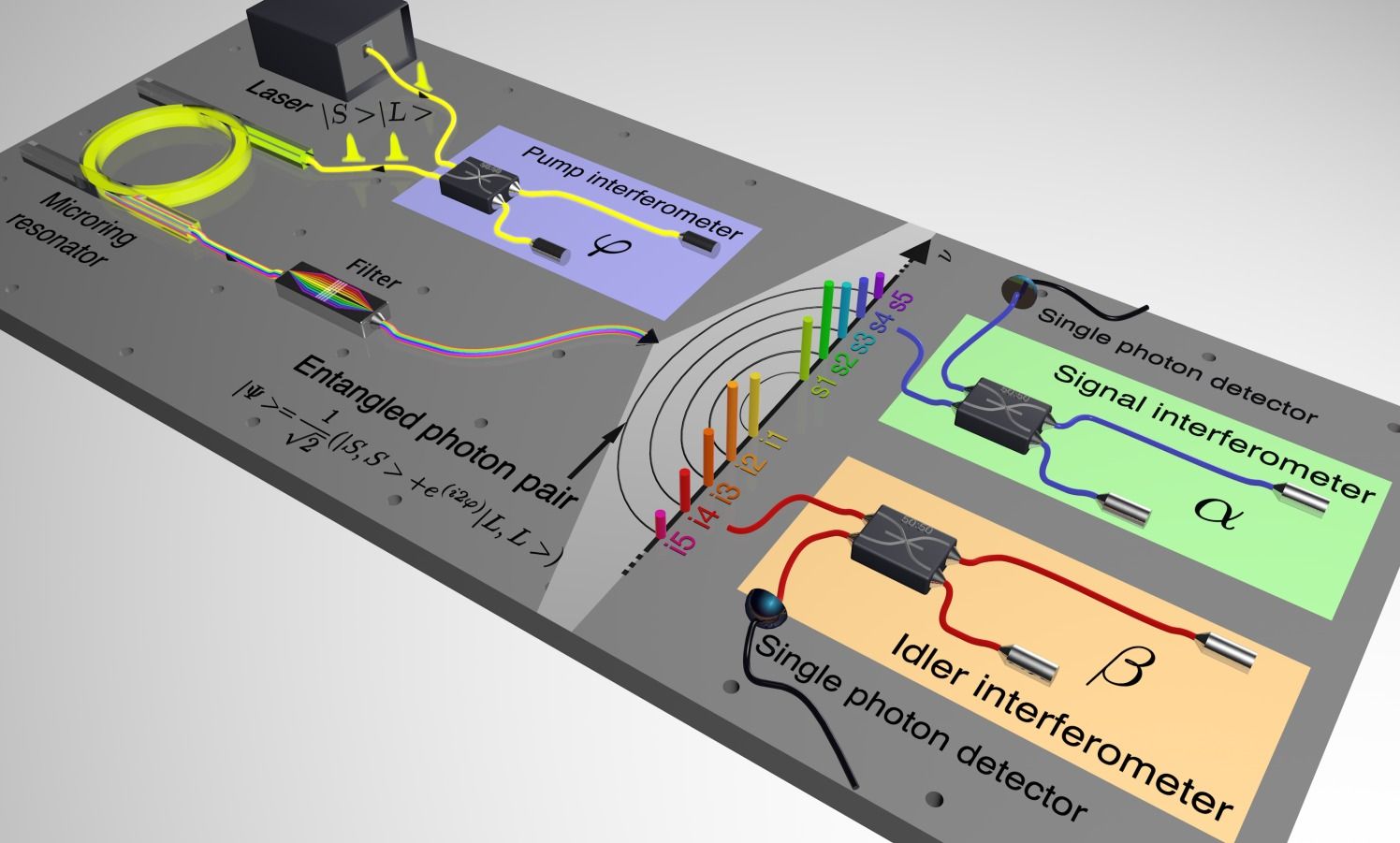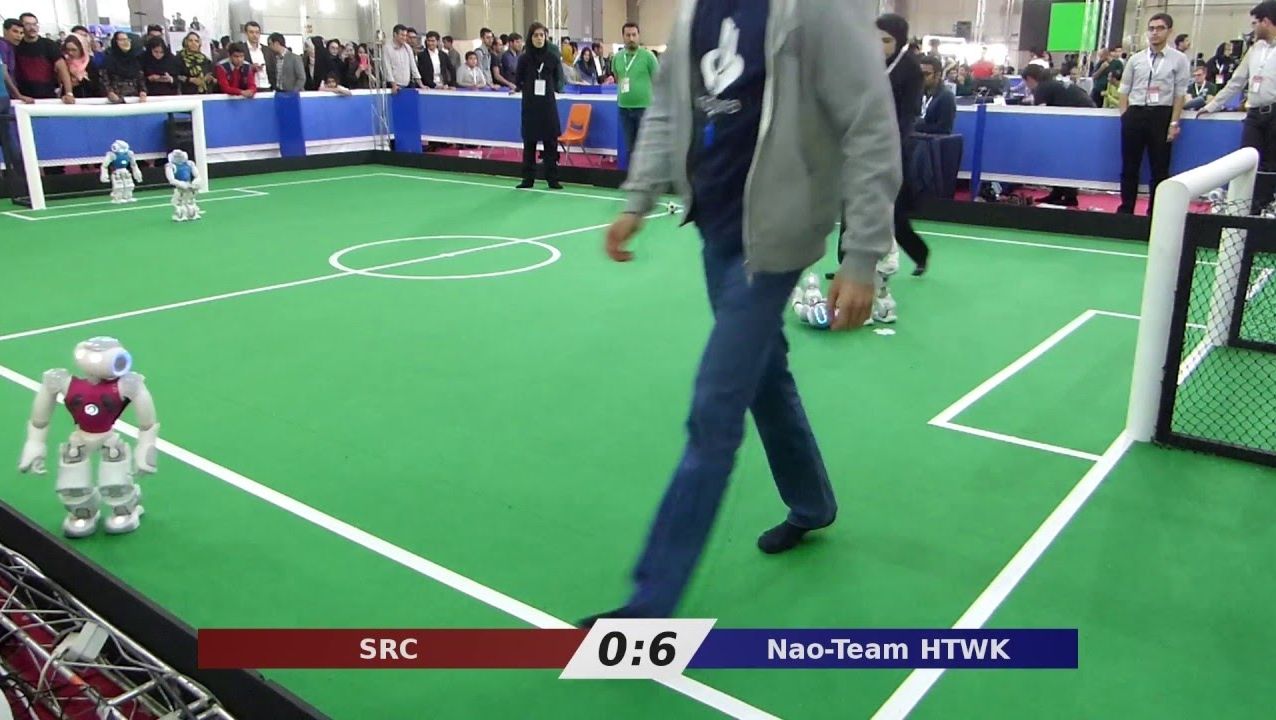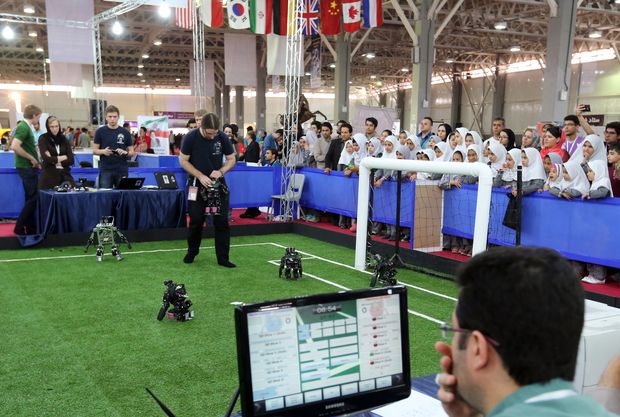Supercomputer facing problems?
In the world of High Performance Computing (HPC), supercomputers represent the peak of capability, with performance measured in petaFLOPs (1015 operations per second). They play a key role in climate research, drug research, oil and gas exploration, cryptanalysis, and nuclear weapons development. But after decades of steady improvement, changes are coming as old technologies start to run into fundamental problems.
When you’re talking about supercomputers, a good place to start is the TOP500 list. Published twice a year, it ranks the world’s fastest machines based on their performance on the Linpack benchmark, which solves a dense system of linear equations using double precision (64 bit) arithmetic.
Looking down the list, you soon run into some numbers that boggle the mind. The Tianhe-2 (Milky Way-2), a system deployed at the National Supercomputer Center in Guangzho, China, is the number one system as of November 2015, a position it’s held since 2013. Running Linpack, it clocks in at 33.86 × 1015 floating point operations per second (33.86 PFLOPS).
Read more

















